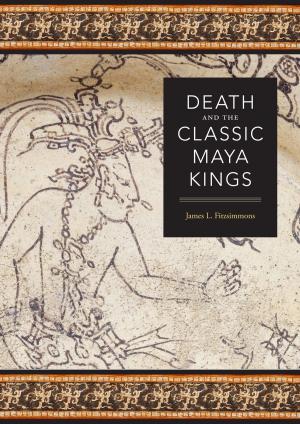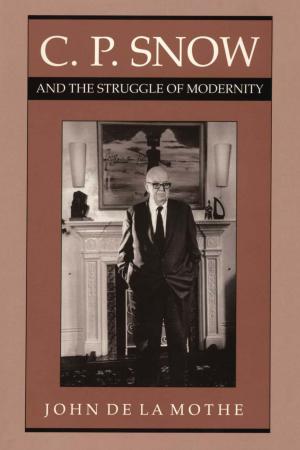Jean-Claude Grumberg
Three Plays
Fiction & Literature, Literary Theory & Criticism, Jewish, Nonfiction, Entertainment, Drama, Continental European| Author: | Jean-Claude Grumberg | ISBN: | 9780292754577 |
| Publisher: | University of Texas Press | Publication: | July 15, 2014 |
| Imprint: | University of Texas Press | Language: | English |
| Author: | Jean-Claude Grumberg |
| ISBN: | 9780292754577 |
| Publisher: | University of Texas Press |
| Publication: | July 15, 2014 |
| Imprint: | University of Texas Press |
| Language: | English |
Winner of seven Molières, the Pulitzer Prize of France, Jean-Claude Grumberg is one of France's leading dramatists and a distinguished voice of modern European Jewry after the Shoah. His success in portraying contemporary Parisian Jews on the stage represents a new development in European theater and a new aesthetic expression of European Jewish experience and sensibility of the Holocaust and its aftermath, a perspective quite different from either the American or the Israeli one. Grumberg's Jews are French to their fingertips, yet they have been made more consciously Jewish by the war and the difficulties of reintegrating into a society in which too many neighbors denounced them or ignored their pleas to save their children. Affirming the new status of Jewish culture, Grumberg's plays insist on the recognition of Jewish identity and uniqueness within the majority societies of Europe.This volume offers the first English translation of three of Grumberg's prize-winning plays: The Workplace (L'Atelier, 1979), On the Way to the Promised Land (Vers toi Terre promise, 2006) and Mama's Coming Back, Poor Orphan (Maman revient, pauvre orphelin, 1994). Presented in the order of the history they record and steeped in Grumberg's personal experience and insights into contemporary Parisian life, these plays serve as documentary witnesses that begin with the immediate postwar reality and continue up to the end of the twentieth century. Seth Wolitz provides notes on the plays' themes, structures, characters, and settings, along with an introduction that discusses Grumberg's place within the emergence of French-Jewish drama and a translation of an interview with the playwright himself.
Winner of seven Molières, the Pulitzer Prize of France, Jean-Claude Grumberg is one of France's leading dramatists and a distinguished voice of modern European Jewry after the Shoah. His success in portraying contemporary Parisian Jews on the stage represents a new development in European theater and a new aesthetic expression of European Jewish experience and sensibility of the Holocaust and its aftermath, a perspective quite different from either the American or the Israeli one. Grumberg's Jews are French to their fingertips, yet they have been made more consciously Jewish by the war and the difficulties of reintegrating into a society in which too many neighbors denounced them or ignored their pleas to save their children. Affirming the new status of Jewish culture, Grumberg's plays insist on the recognition of Jewish identity and uniqueness within the majority societies of Europe.This volume offers the first English translation of three of Grumberg's prize-winning plays: The Workplace (L'Atelier, 1979), On the Way to the Promised Land (Vers toi Terre promise, 2006) and Mama's Coming Back, Poor Orphan (Maman revient, pauvre orphelin, 1994). Presented in the order of the history they record and steeped in Grumberg's personal experience and insights into contemporary Parisian life, these plays serve as documentary witnesses that begin with the immediate postwar reality and continue up to the end of the twentieth century. Seth Wolitz provides notes on the plays' themes, structures, characters, and settings, along with an introduction that discusses Grumberg's place within the emergence of French-Jewish drama and a translation of an interview with the playwright himself.















